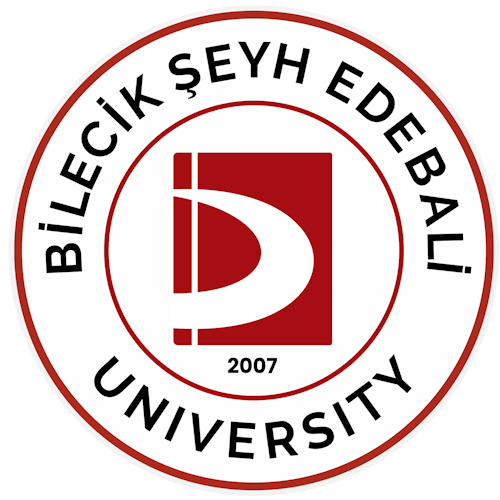ABOUT US
ABOUT US
03 November 2024 SundayABOUT US
The Department of Industrial Design focuses on new products, services, and system designs. It contributes to education, research, entrepreneurship, and strategic design management while staying responsive to the evolving demands of society, the environment, and national and global stakeholders. It aims for its graduates to possess professionalism, competency, efficiency, entrepreneurial skills, and leadership qualities across diverse design science domains. Program provides
Capable of establishing a connection between theory, design, and practice.
Having the essential knowledge and competencies in product and service design,
Being a researcher and entrepreneur, as well as having professional ethics and legal responsibilities,
Comprehending and establishing the connection between design and other disciplines,
Capable of thinking creatively while adhering to and utilizing technological advancements and innovations in the field of product and service design,
Seeking to develop designers who continuously enhance their abilities and obtain accurate knowledge and skills.
This academic program, including a four-year educational period, aims to equip students with the abilities to develop and design novel products that are socially and culturally responsible, ecologically conscious, original, creative, analytical, and innovative for national and worldwide markets throughout their professional lives. Following this objective and aim, our Industrial Product Design curriculum:
First Year: Students study basic design principles, techniques, and strategies for form shaping. They develop their inventive skills through practices conducted following a defined curriculum. They generate innovative solutions through applications and new inventions.
Second year: Students begin working on industrial design projects and researching product design. In studio lectures,students create project solutions to various design problems. The six-week summer internship takes place in industrial facilities.
Third year: Students evaluate their projects thoroughly, considering aesthetics and utility, and create designs with personality. Summer internships are conducted in design offices and last for six weeks.
Fourth year: Students use their prior knowledge to solve the assigned projects thoroughly and creatively to present them professionally.
The distribution of the number of departmental courses in this program by fields;
Linguistics: 10 courses (15%)
Cultural Studies: 2 courses (3%)
Engineering Sciences: 10 courses (15%)
Art: 4 courses (6%)
Social Sciences: 12 courses (18%)
Design Sciences: 30 courses (44%)
Total: 68 courses (100%)
Our graduates can work as designers in firms' R&D and design departments. They can also pursue professions as freelance designers in various fields, such as consulting with businesses on design and new product development processes.

